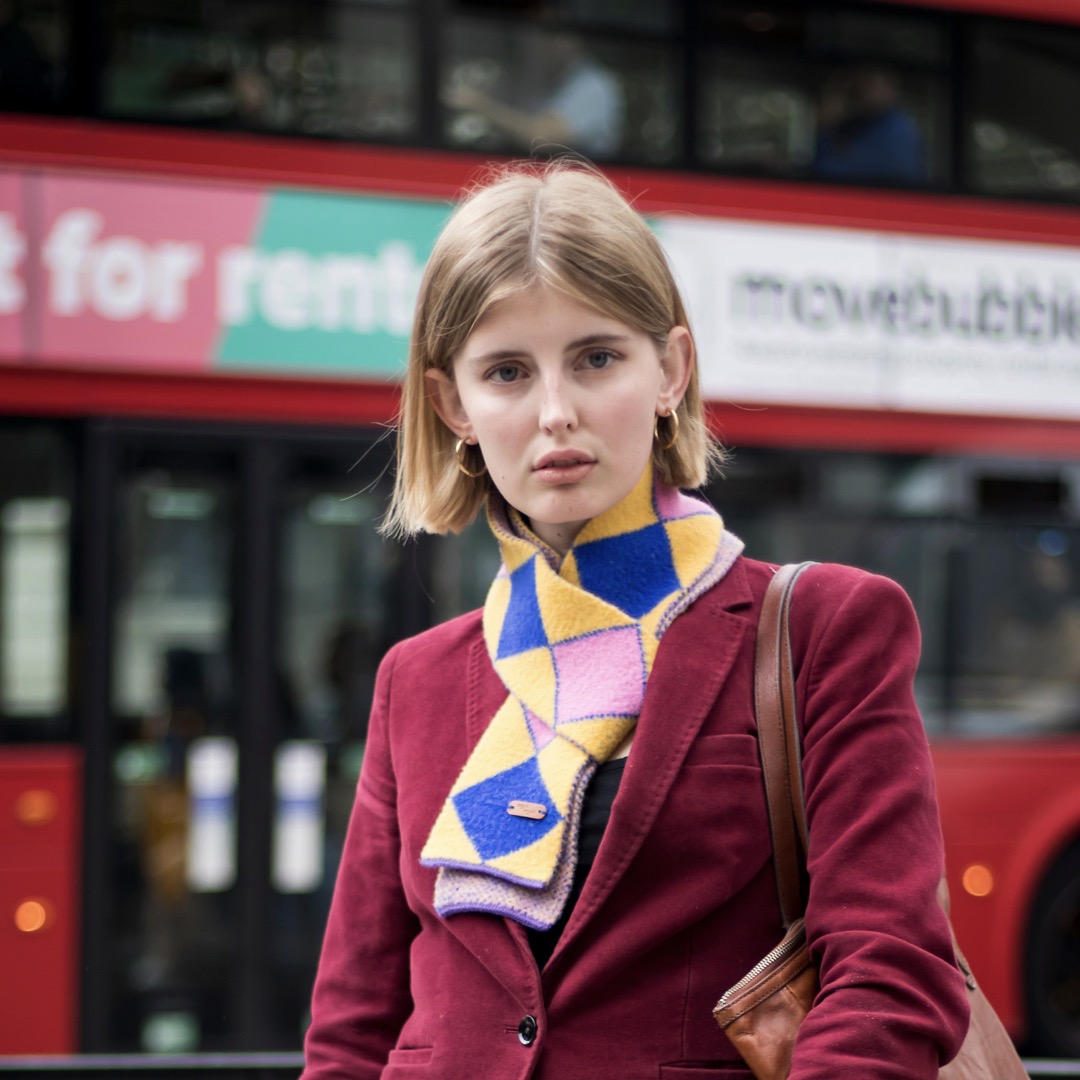For long, the British capital’s burning question has been: Is there life for brands and London Fashion Week after Brexit? But with the advent of COVID-19, most of the worries about Brexit have shifted. And now that the U.K. is finally out of the E.U., the British fashion industry is optimistic about life after Brexit. Especially since the U.K secured a deal that includes free trade with the European Union and the United States.
This article was updated on 22nd January.
Is there life for fashion after Brexit?
There had been a lot of speculation about would happen after Brexit in the fashion world. But despite all the uncertainties due to Brexit, many big names have come back to London Fashion Week. Riccardo Tisci, Burberry’s creative director, brought the British iconic fashion house back to London with his debut collection. This happened after almost two decades showing in Milan! Victoria Beckham is again showcasing in London after ten years presenting in New York. She brought her namesake brand back home just in time to celebrate its 10th anniversary. Likewise, after living ten years in New York, Alexa Chung decided to debut in London!
London Fashion Week after Brexit
In 2016, 90% of British fashion designers voted against Brexit. Understandably, as global trade and free movement of talent is crucial to the industry. But the British prime minister, Theresa May, reminded them at an LFW-related event, of the new Exceptional Talent Visa that will allow brands to keep hiring internationally. The British Fashion Council’s message was clear too: “London is open”.
Main problems for fashion brands after Brexit
After the Brexit, British fashion brands must now deal with the specific export rules of each country. There are different laws and different paperwork for each member of the E.U. Additionally, different countries have different limits for imposing fees and tariffs. Consequently, there’s been a significant increase in administrative work. The government released a 1500-page document of new trade regulations. And for now, the fashion industry is still figuring out how to best deal with all the new rules.
What’s next?
Nobody knows exactly how Brexit will impact fashion brands in the long term. But the BFC said that despite Brexit, there’d been an increase in sales last year. And added that international brands had kept opening stores in the UK. In other words, London is still considered to be the centre of creativity and commerce.
The fab mad hatter Stephen Jones explains, “If you are British and even though you try to be international and assume a European identity, there is always something which anchors you within a British sensibility. That means a balance between the love of the aristocratic and the love of the punk”. Indeed, the British sensibility and distinct fashion, creativity, energy and spirit of adventure are what make LFW one of the most important Fashion Weeks in the world. And with people from all over the world coming to study fashion at schools such as Central Saint Martins, even after Brexit, London will remain open and stimulating to young local and international talent.
Photo via Shutterstock.
